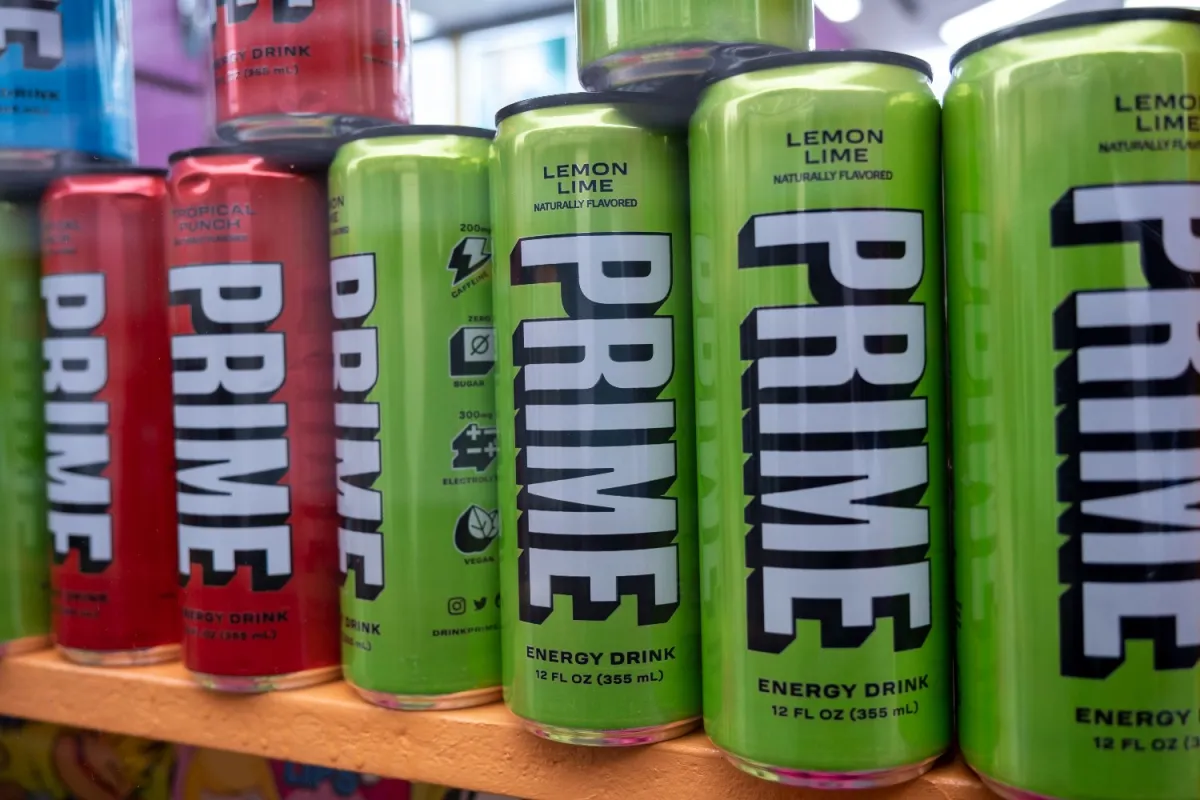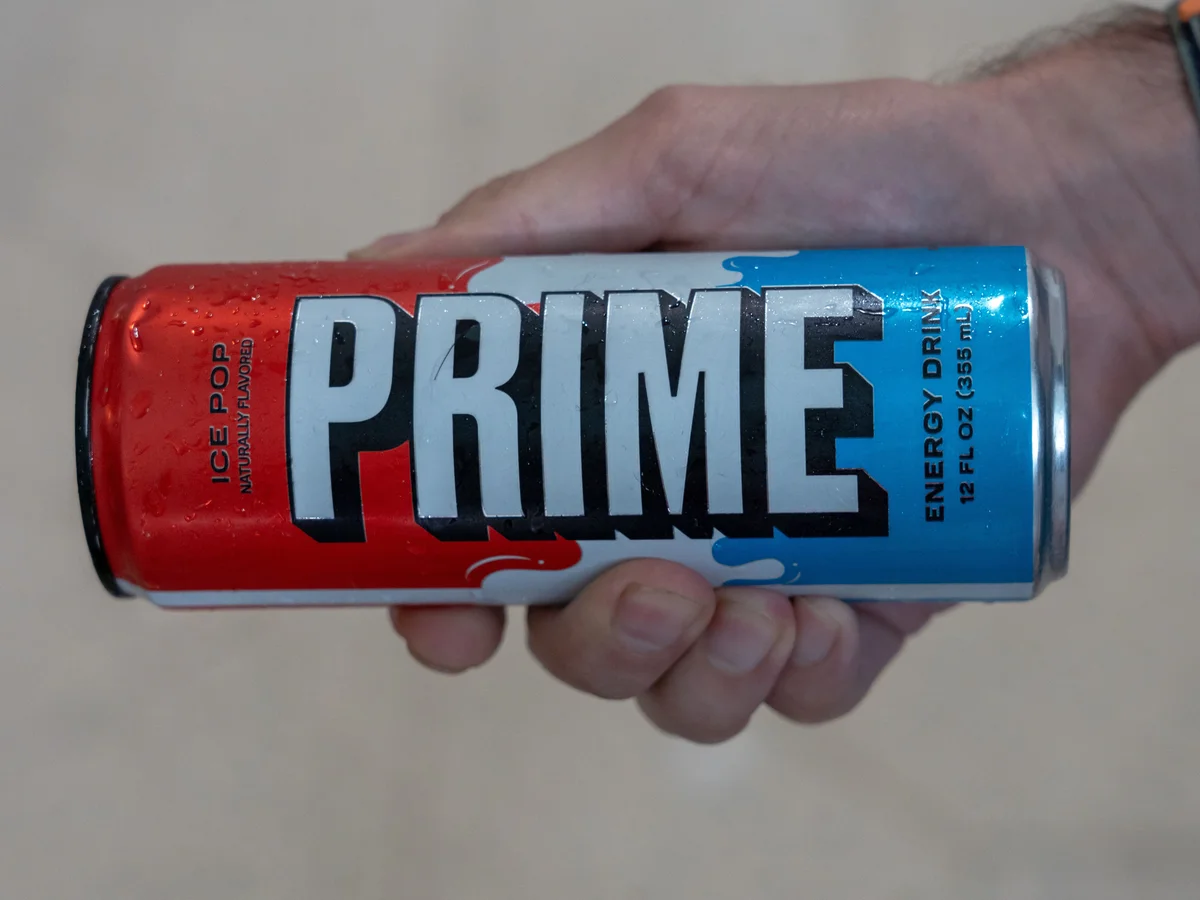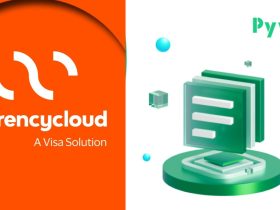PRIME energy drinks, known for their vibrant bottles and a variety of sweet flavors, have gained immense popularity among children and teenagers, thanks in part to endorsements from well-known YouTube stars Logan Paul and KSI.
The drinks are vegan, low-calorie, and contain electrolytes, but they also have more than six times the amount of caffeine found in a Coke.
This high caffeine content has raised concerns among lawmakers. On Sunday, Sen. Charles Schumer, D-N.Y., urged the Food and Drug Administration (FDA) to investigate PRIME due to its dangerously high caffeine levels.
In his letter, Schumer contends that misleading marketing targeting young audiences prompts parents to buy a “cauldron of caffeine” for their children.
“One of the summer’s hottest status symbols for kids isn’t a toy or an outfit—it’s a beverage,” Schumer stated. “But buyers and parents should be cautious because it poses a serious health risk to the very kids it is designed to attract.”
Launched by influencers Logan Paul and KSI last year, PRIME aims to “refresh, replenish, and refuel” its consumers with its signature bottled drinks, according to the company’s website.
“PRIME Energy, introduced in 2023, contains a caffeine level comparable to other leading energy drinks and adheres to the legal limits of the countries where it is sold,” said PRIME’s public relations team.
“It complies with all FDA regulations and clearly states on its packaging and marketing materials that it is an energy drink intended for consumers aged 18 and over.”

A 12-ounce bottle of PRIME contains 200 milligrams of caffeine, which is about the same amount found in six cans of Coke or nearly two Red Bulls.
This high caffeine content has led to bans in some schools in the United Kingdom and Australia, where pediatricians have expressed concerns about potential health effects on young children, such as heart issues, anxiety, and digestive problems.
PRIME asserts that its drink is marketed specifically for adults, and it also offers PRIME Hydration, a caffeine-free alternative.
However, Schumer argues that the distinction between the two drinks is not clear enough, leading many parents to unintentionally purchase the caffeinated version for their children.
“A simple search for Prime on social media reveals a substantial amount of sponsored content and advertising,” Schumer wrote. “This content, along with the drink’s ingredients and caffeine content, should be thoroughly investigated.”
The drink’s viral success can be attributed to its promotion by two of YouTube’s most popular stars, resulting in long lines at grocery stores and even schoolyard resale markets.
TikTok videos feature parents delighting their children with PRIME drinks, and the PRIME website is currently sold out of all products, offering only suggestions of where to purchase them in person.
PRIME bottles have become status symbols, with fans even listing “clean/empty” bottles on eBay.
The influencer-driven marketing has further contributed to the drink’s status, with TikTok videos featuring Paul suggesting various outfits to match the colorful bottles.







Leave a Reply